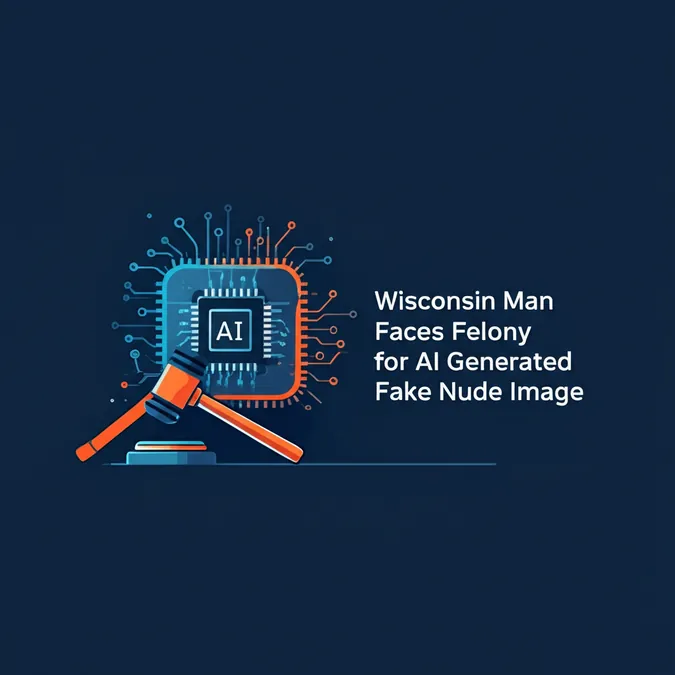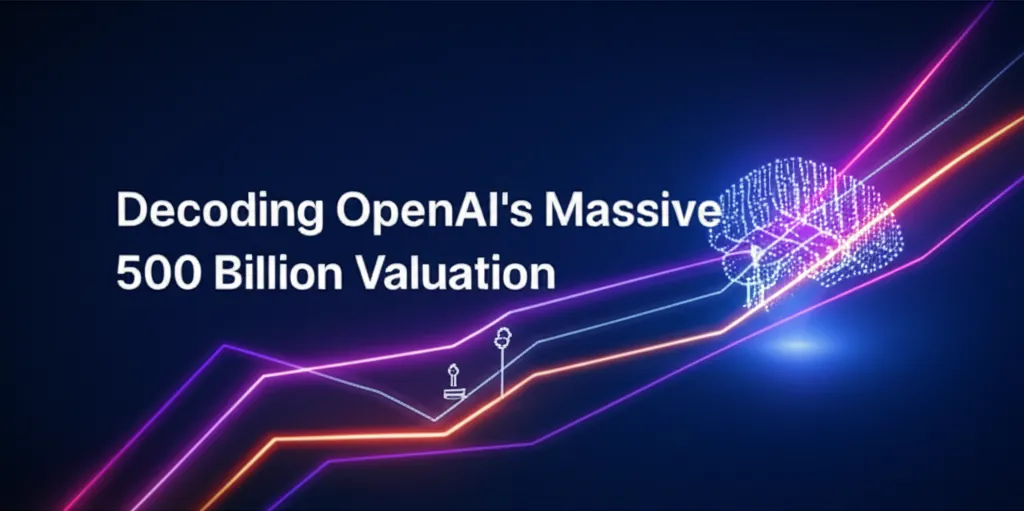How AI Helped A Dad Uncover A Hidden Cancer Diagnosis
An Unsettling Symptom Dismissed
When Steven Suprise, a 36-year-old father of three from Utah, first saw a small black spot in his peripheral vision, he didn't panic. "It wasn’t like floaters," he explained. "It was more like when you press on your eye and see a black spot on the other side." He suspected it might be a side effect from a tear duct surgery he'd had years before.
Still, he did the responsible thing and scheduled a visit with an ophthalmologist. After a series of tests, the doctors gave him the all-clear. "We don’t see anything," they told him. Reassured, Suprise returned to his busy life as a nursing student and family man.

A Selfie Sparks New Concern
A year went by without incident. Then, during a clinical rotation at a hospital, a simple photo changed everything. "I was at the hospital doing a clinical rotation and I sent my wife a selfie," he recalled. "That’s when I noticed my eye was kind of drooping—like my eyes looked crooked. That scared me a little bit."
Feeling ignored by his previous medical encounter and unsure of his next step, Suprise decided to consult an unconventional source. "I put my symptoms into ChatGPT," he said. The AI’s response gave him the confidence he needed to advocate for himself. "ChatGPT told me I needed to go back in—and it gave me ammo to say, ‘Hey, this might be something serious.’"
The Shock of a Rare Cancer Diagnosis
Armed with new resolve, Suprise sought further medical help, which led to a surgical procedure. He was stunned when he woke up to learn that doctors had found cancer. The official diagnosis was adenoid cystic carcinoma (ACC), a rare and aggressive cancer that is seldom found in cases like his. A subsequent PET scan brought a wave of relief, showing that the cancer had not spread to other parts of his body.
Suprise then began a grueling treatment regimen that included 30 rounds of radiation and five rounds of chemotherapy over several weeks.

A Powerful Tool with a Word of Caution
While ChatGPT played a pivotal role in Suprise's journey, experts caution against using AI for medical diagnosis. OpenAI's official policy warns that its models should not be used for licensed medical advice without a professional's involvement. OpenAI CEO Sam Altman himself has expressed hesitation, stating, "I really do want a human doctor… I really do not want to trust my medical fate to ChatGPT with no human doctor in the loop."
These warnings are supported by scientific data. A physician-led study published in 2025 found that GPT-4o provided unsafe answers to about 13 percent of patient queries. Some of its dangerous advice included recommendations that could delay treatment for a heart attack, according to the research.
Spreading Awareness Through Social Media
Throughout his treatment, Suprise and his wife have shared their story on TikTok to raise awareness about ACC. "There’s not a lot of information about this cancer," Suprise noted. "If sharing my story helps even one person feel supported or get answers sooner, then it’s worth it."
He has also connected with online support groups, finding community with others battling the same rare disease. He hopes his public journey can offer hope to those who may not have a strong support system.
A Hopeful Outlook and A Lesson Learned
Having completed his treatment, Suprise is now waiting for follow-up scans to confirm if it was successful. Despite the uncertainty, he maintains a positive attitude. "It’s important to keep going, no matter what you’re going through," he said. "I still have goals, and I still want to accomplish them."
Reflecting on his experience, Suprise believes AI can be a useful, albeit limited, tool. "Don’t use it as a final answer, but it can help guide you," he advised. "I even think doctors should use it. Maybe if mine had, they would have ordered an MRI sooner."


